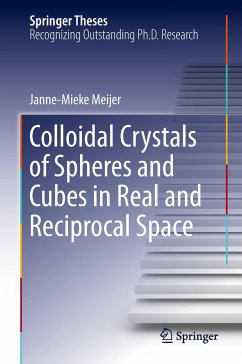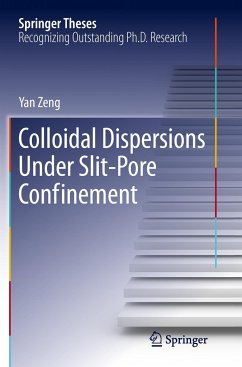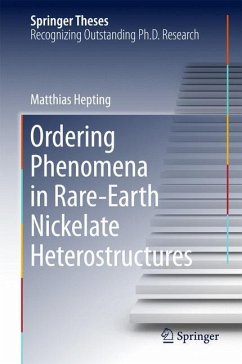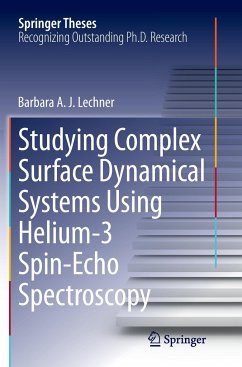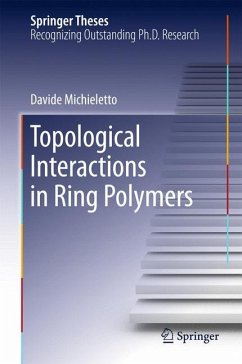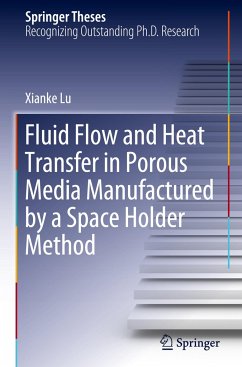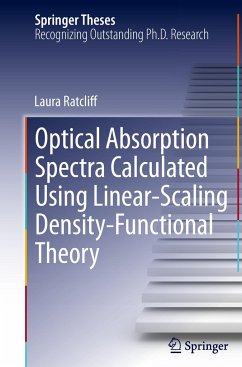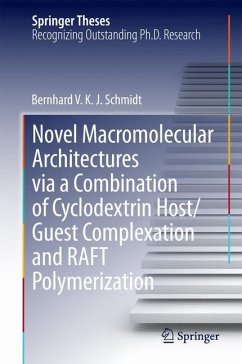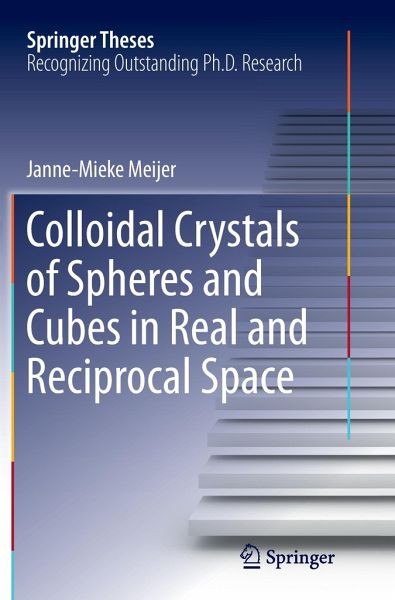
Colloidal Crystals of Spheres and Cubes in Real and Reciprocal Space
Versandkostenfrei!
Versandfertig in 6-10 Tagen
76,99 €
inkl. MwSt.
Weitere Ausgaben:

PAYBACK Punkte
38 °P sammeln!
This thesis presents an in-depth study on the effect of colloidal particle shape and formation mechanism on self-organization and the final crystal symmetries that can be achieved. It demonstrates how state-of-the-art X-ray diffraction techniques can be used to produce detailed characterizations of colloidal crystal structures prepared using different self-assembly techniques, and how smart systems can be used to investigate defect formation and diffusion in-situ. One of the most remarkable phenomena exhibited by concentrated suspensions of colloidal particles is the spontaneous self-organizat...
This thesis presents an in-depth study on the effect of colloidal particle shape and formation mechanism on self-organization and the final crystal symmetries that can be achieved. It demonstrates how state-of-the-art X-ray diffraction techniques can be used to produce detailed characterizations of colloidal crystal structures prepared using different self-assembly techniques, and how smart systems can be used to investigate defect formation and diffusion in-situ. One of the most remarkable phenomena exhibited by concentrated suspensions of colloidal particles is the spontaneous self-organization into structures with long-range spatial and/or orientational orders. The study also reveals the subtle structural variations that arise by changing the particle shape from spherical to that of a rounded cube. In particular, the roundness of the cube corners, when combined with the self-organization pathway, convective assembly or sedimentation, was shown to influence the final crystal symmetries.




